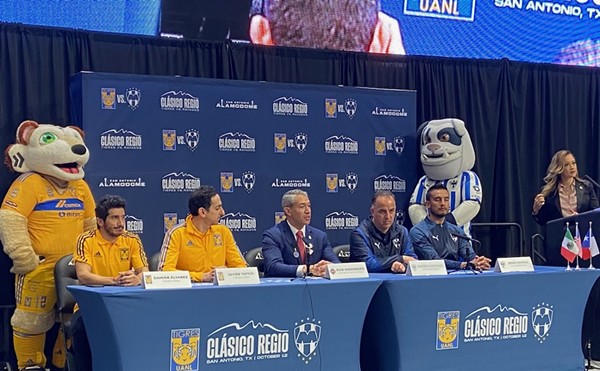The most relevant thing about Tom Bissell's Extra Lives: Why Video Games Matter is the indefinite nature of its title. In not specifying "who" video games are important to, he simultaneously asserts that his hobby should matter more to lovers/makers of other art mediums, while admitting that games shouldn't matter as much as most gamers would like to think. In nine short essays, Bissell eloquently defends and condemns his gaming habit, which he confesses might take up too much of his time. In the chapter "Grand Thefts," he writes, "Today, the most consistently pleasurable pursuit in my life is playing video games. Unfortunately, the least useful and financially solvent pursuit in my life is also playing video games." He then discusses what his days are like at the time of writing: he wakes at 8 a.m., plays Left 4 Dead until 5 p.m., gets to work at 10 p.m. Hitting the sack that night, his mind will be a chorus of promises that "tomorrow will not be squandered." He adds, "I will fall asleep in a futureless, strangely peaceful panic, not really knowing what I will do the next morning and having no firm memory of who, or what, I once was."
Despite that depressing description of the gamer life, Bissell is still a well-functioning person. He's received the Rome Prize, a Guggenheim Fellowship, and a Bay de Noc Community College alumnus award. His other books are collections of fiction and studies into how wars have inter-generational impacts on the families of those who have served. But his John Stewart-like, depraved honesty goes a long way in Extra Lives, aiding him in acknowledging the infant weirdness of the video game, while pointing to its unique ability for creating experiences other medias don't offer. Take the many hindering elements of the early Resident Evil games. In RE, players not only battle zombies but also constantly changing camera angles, clumsy controls, limited ammo/supplies, and an indistinct, color-coded life gauge. Under the guise of horror, RE permitted itself to be a game that upended previously sacred game elements (vision, control, resources, clarity), creating an engaging new genre: Survival Horror. Bissell, like other gamers, ate RE up, but he's quick to point out the "shock of the new" experience RE offered was not without its cost: the permitting of brain dead dialogue and plot in games.
Elsewhere, Bissell relates an anecdote about playing Far Cry 2, one of a few Open World games that form the focus of his essays. In FC2, Bissell drove a jeep in the African desert and almost hit a zebra that had unknowingly wandered into the road. In avoiding the zebra, he crashed into a different incoming jeep, whose passengers were mercenaries. A skirmish erupted and Bissell found himself fighting to keep his character alive when all he wanted to do was drive across the game map to transfer narcotics (FC2 is about some unscrupulous characters doing bad things.) Meanwhile, the gun fight ended with Bissell tossing a grenade at his new-found enemies and inadverdently launching a realistically-rendered, exploding zebra past his own head. The moment was completely unscripted, a mere meeting together of disparate random elements at work in Open World games: player in jeep + walking zebra + mercenaries in jeep = Shakespearean tragedy on the savannah. It was then that Bissell realized that the video game is capable of putting the player "at the Frankensteinian mercy of some incomprehensible beast."
Bissell muses on other issues in gaming--difficulty, realism, plot, character, and dialogue--tempering his investigative approach as a journalist with his endearing, sometimes tragic, memoir writing. He has few answers about what a post-modern world is supposed to do with video games, chiefly because he's not even entirely sure what the questions are. But his conviction is palpable and his writing is frequently spell-binding. However, he does seem certain that video games don't need to be measured by how well they imitate other mediums, just that they avoid doing embarrassing impressions of them.
--
Excerpts of Extra Lives can be found here and here.

KEEP SA CURRENT!
Since 1986, the SA Current has served as the free, independent voice of San Antonio, and we want to keep it that way.
Becoming an SA Current Supporter for as little as $5 a month allows us to continue offering readers access to our coverage of local news, food, nightlife, events, and culture with no paywalls.
Scroll to read more Arts Stories & Interviews articles
Newsletters
Join SA Current Newsletters
Subscribe now to get the latest news delivered right to your inbox.















